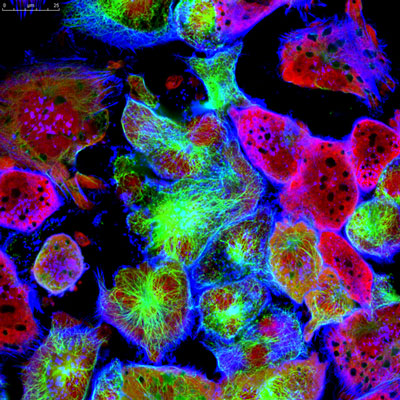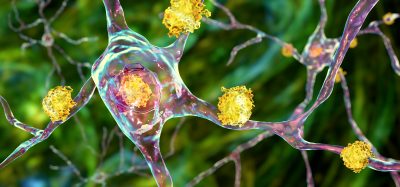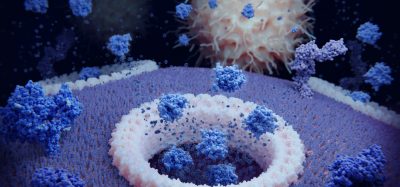Celprogen introduces novel pharmacological inhibitor CEP1430 for the treatment of pancreatic cancer
Posted: 15 April 2015 | Victoria White
Celprogen have developed a novel pharmacological Inhibitor, CEP1430, that is capable of inhibiting the growth of the human pancreatic cancer tumour…


Celprogen, a global Stem Cell Research and Therapeutics company specialising in the development of stem cell technologies for regenerative medicine, have announced that they have developed a novel pharmacological Inhibitor CEP1430 synthetic molecule that is capable of inhibiting the growth and proliferation of the human pancreatic cancer tumour.
This molecule can be administrated by the following methods: intravenous and intra-peritoneal. The molecule CEP1430 will be presented at the American Association for Cancer Research (AACR) Annual Meeting in Philadelphia, Tuesday, April 21, 2015, 1:00 PM – 5:00 PM during the ‘Therapeutics Targeting Cancer Stem Cells’ session.
Preclinical results show that CEP1430 is efficacious against pancreatic cancer stem cells and circulating tumour cells
The present invention relates to targeting the Cancer Stem Cell (CSC) and Circulating Tumour Cells (CTCs) population within the human pancreatic tumour. The novel pharmacological inhibitor molecule CEP1430 has been developed and optimized by Celprogen utilising cancer stem cell drug discovery high throughput screening technology. This technology has generated approximately 10 lead compounds for targeted cancer therapy for pancreatic cancer patients. Our preclinical results show that CEP1430 is efficacious against Pancreatic CSC and CTCs without adverse effects at doses tested. CEP1430 reduced the tumour volume in the treated group by 80-90% in comparison to control.
For more information about Celprogen Inc., please visit www.celprogen.com.
Related topics
Drug Discovery, Oncology
Related organisations
Cancer Research, Celprogen








